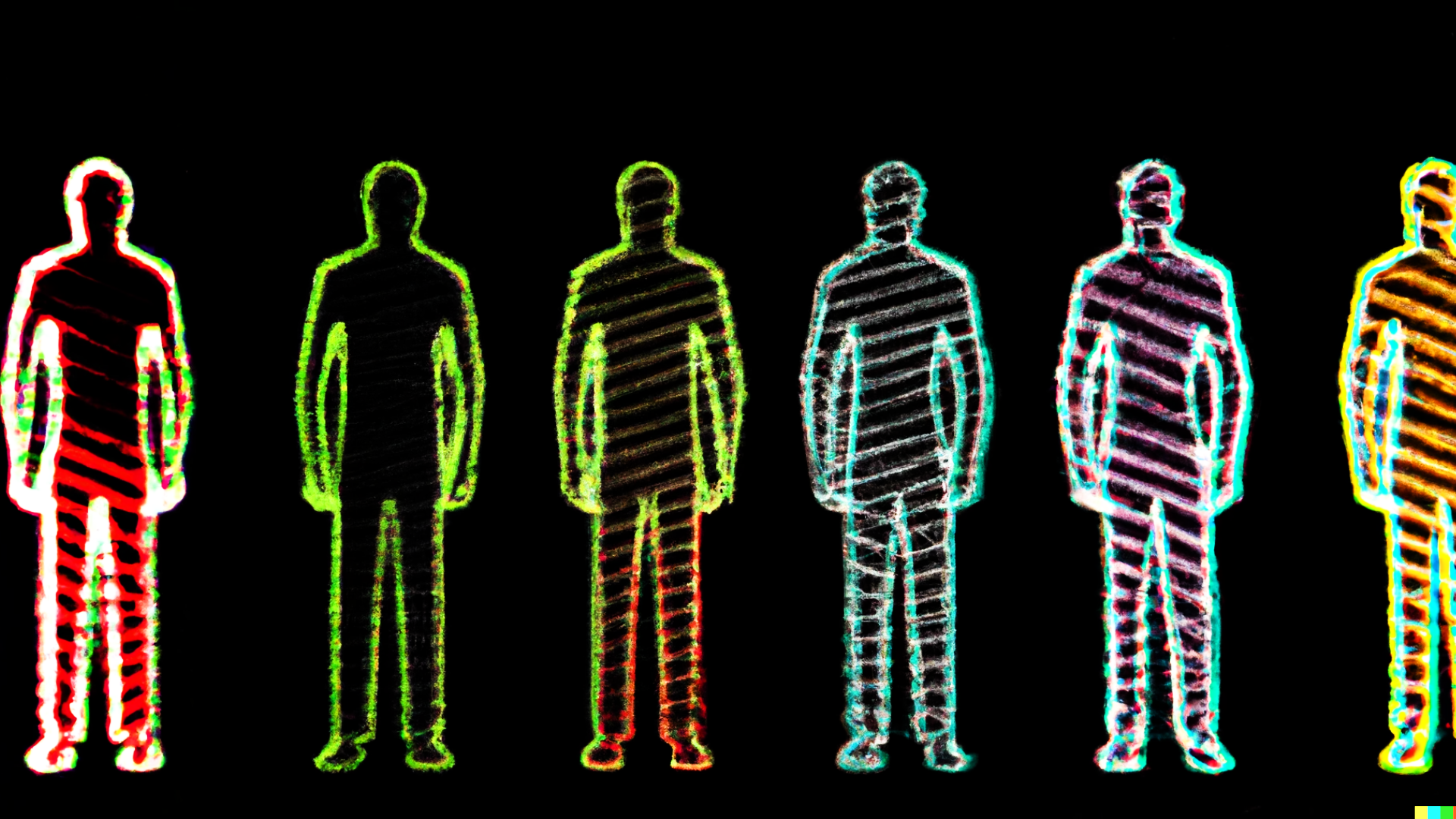Researchers at Carnegie Mellon University, Pennsylvania, have created a method for accurately detecting the shape and movement of human bodies through walls using WiFi routers. Is this a privacy nightmare waiting to happen?
Remember Lucius Fox’s super invasive sonar technology in the finale of The Dark Knight? Well this is eerily similar, except that it’s real.
Scientists have reportedly developed technology able to detect the precise shape and movement of human bodies through walls using simple WiFi routers. Eerie, right?
Building on technology originally made by Facebook AI researchers called DensePose – which maps pixels of bodies in photos to create accurate 3D representations – scientists at Carnegie Mellon University, Pennsylvania, decided to pursue an entirely different aim based on security.
Outlined in the public journal arXiv, the researchers explained how taking the principle of DensePose and applying it to their deep neural networks allowed them to detect living 3D silhouettes of people through walls.
The mere presence of a WiFi connection is sufficient to kick this neural network into gear, shortly establishing where everyone in a room is and what they’re doing in real time.

Phase and amplitude signals sent to a regular internet router fire around the room and map out coordinates of specific body parts as they collide with them. Viewed on a monitor, the results are surprisingly detailed.
While this is undoubtedly an upping of the ante in terms of invasiveness, monitoring people without using cameras or expensive LiDAR software has, for some reason, been an elusive goal for tech experts since 2013.





















